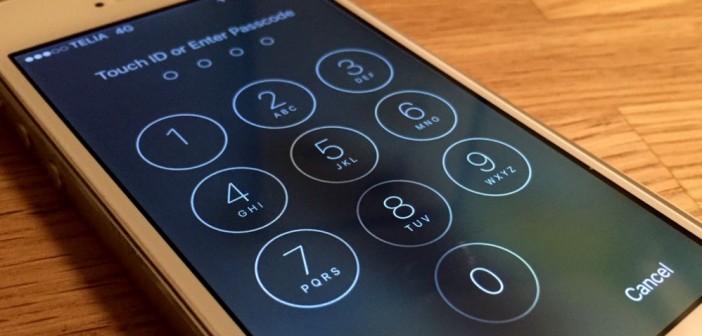legal saga with the FBI may have finally come to an anti-climactic resolution, but the issues that the case brought to the forefront will undoubtedly rise again. In the future, there will inevitably be another strategically important smartphone, perhaps an iPhone, that the FBI won’t be able to access by itself.
One of the more interesting issues to arise out of Apple’s legal wrangling with the FBI is that the mighty FBI’s tech prowess is seemingly far less sophisticated than some may have initially assumed. In fact, the FBI’s inability to access the locked iPhone of one of the San Bernardino shooters was so surprising and incongruous that Apple in one of its legal briefs was even compelled to ask if the FBI really tried all that hard to hack into the device.
DON’T MISS: Today’s best paid iPhone apps on sale for free
The reality, as we’ve come to find out, is that the FBI truly did lack the technical expertise to bypass the security mechanisms built into iOS. For many, this came as quite a shock, especially given that the NSA, per Edward Snowden’s revelations, can seemingly access any device it wants.
The broader takeaway here is that the FBI, and perhaps other government agencies, simply can’t attract and retain top-tier tech talent. Indeed, the FBI in this particular case was forced to rely on a third-party in order to access the iPhone in question.
Touching on this issue, a former FBI special agent with a focus on cybersecurity told The Washington Post that keeping up with the private sector is essentially an uphill if not a losing battle.
“We had trouble retaining top talent — that’s for sure,” said Leo Taddeo, a former FBI special agent in charge of cybersecurity investigations in New York. “The private sector pays better. It has opportunities to do more cutting-edge activities in some cases. It has certainly some lifestyle benefits for its employees.”
All the same, it’s not as if the FBI is completely clueless. The Post relays that the FBI two years ago went on a massive hiring spree intended to attract all sorts of computer experts. One former executive the Post spoke to said that the FBI is certainly “not lacking in technical know-how.”
All of which begs the question: How is it that the FBI was so completely stumped by a relatively basic security scheme on a device as old as the iPhone 5c? Is it possible that most of the FBI’s R&D with respect to iPhone hacking centers on more recent iPhone models equipped with the Secure Enclave Apple introduced with the iPhone 5s? Perhaps.
Others, meanwhile, have raised the notion that the FBI in this particular case with Apple has been playing dumb. The argument goes that the FBI believed that this was the perfect case with which to establish a precedent that could be used in other cases in the future. So for weeks, the FBI sought to compel Apple to assist them before ultimately realizing that it was fighting a losing battle both on the legal front and in the court of public opinion.
While it’s unlikely that the FBI has flat-out publicly lied about their ability to hack the iPhone, there’s no doubt that the agency could have easily reached out to sophisticated third-party security firms without having to drag Apple into court in the first place.




